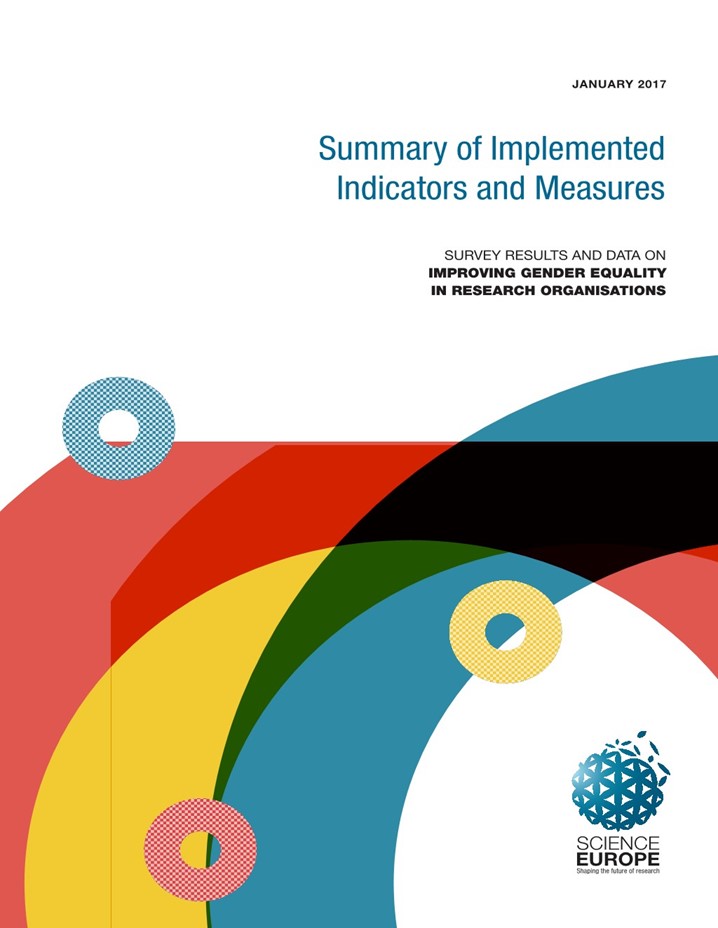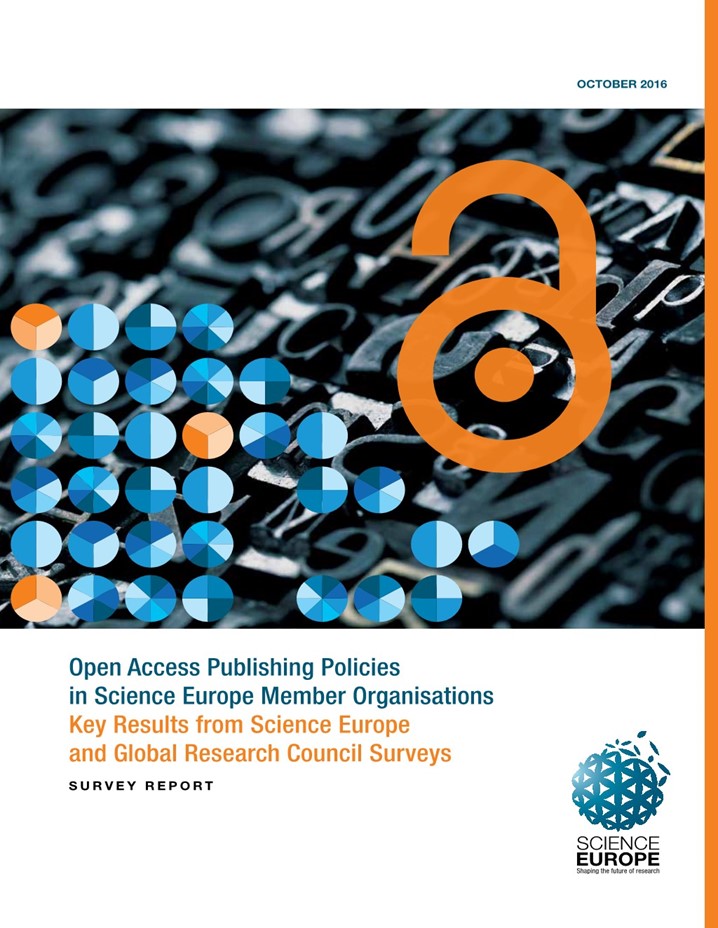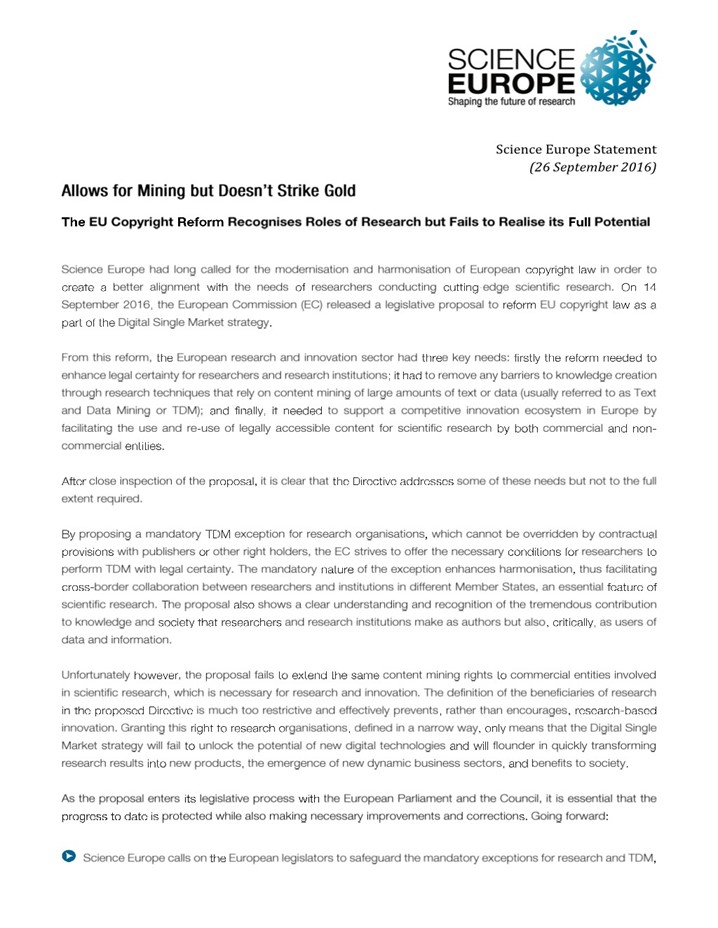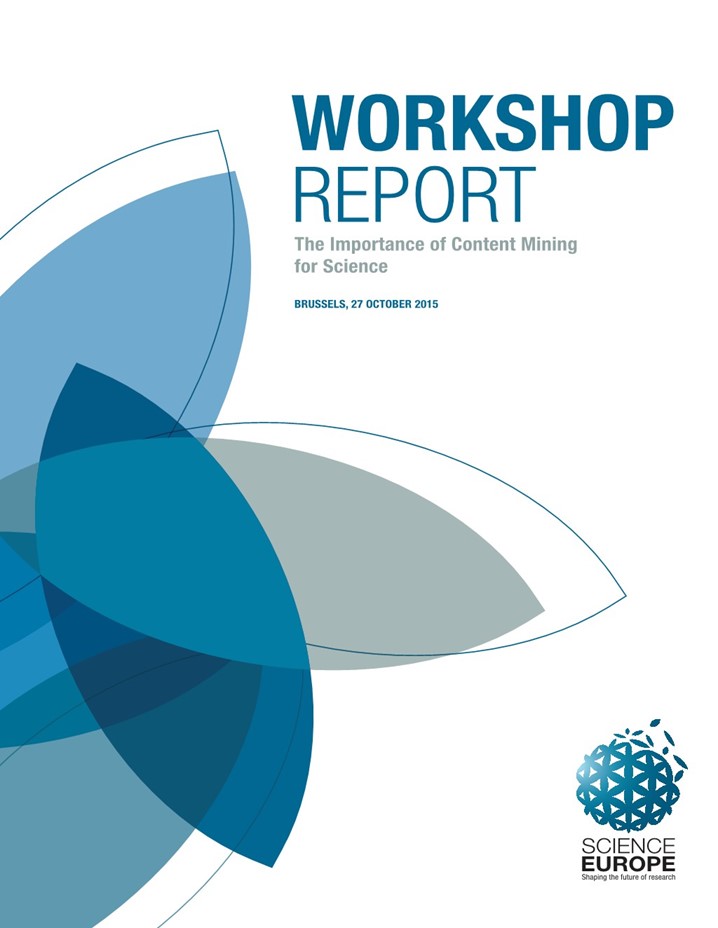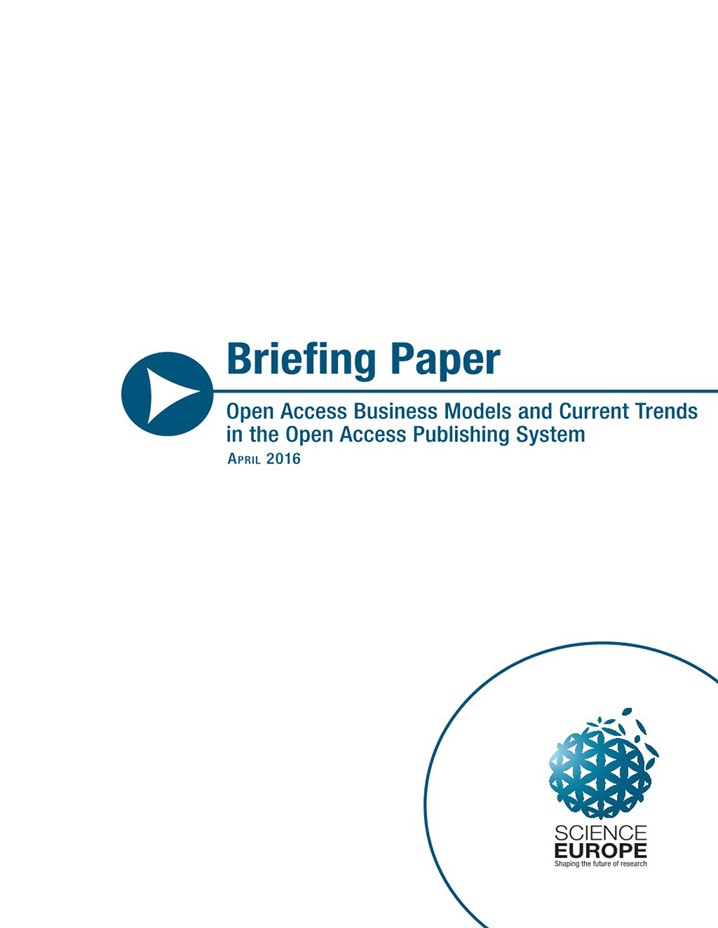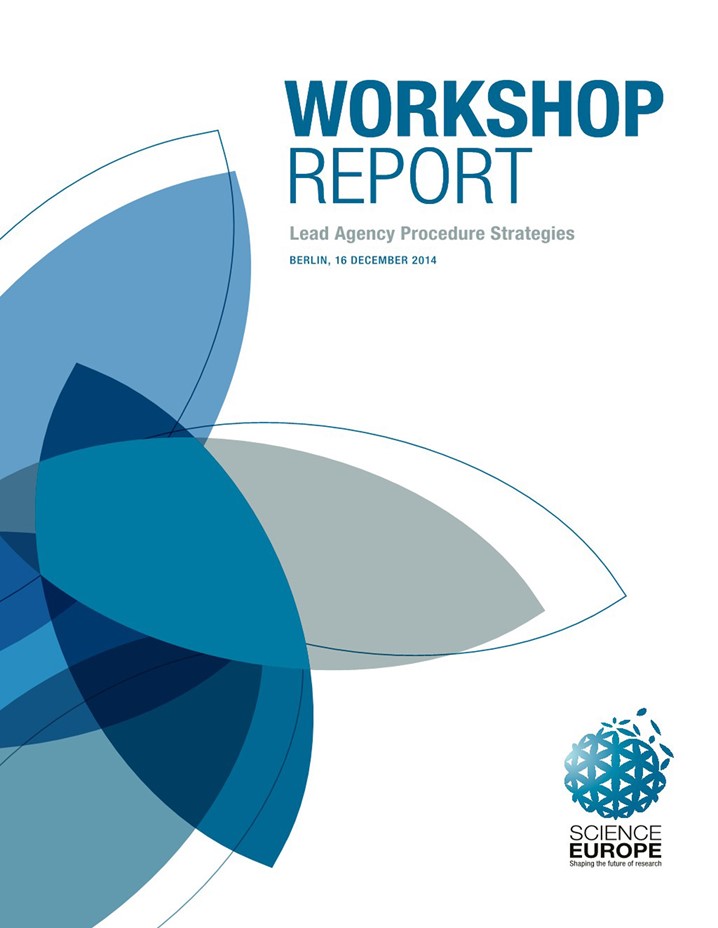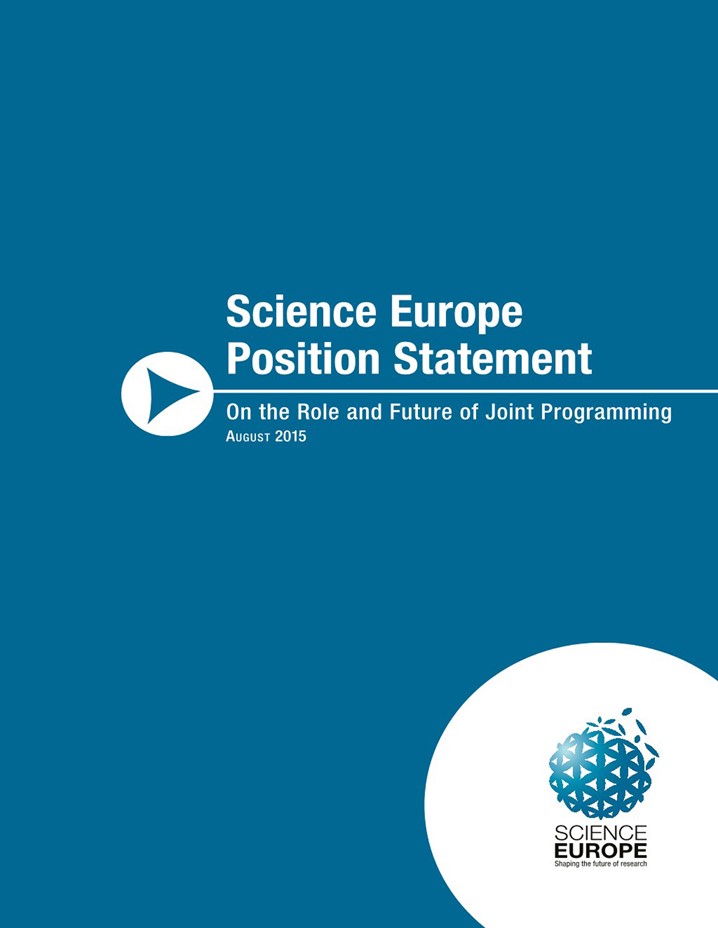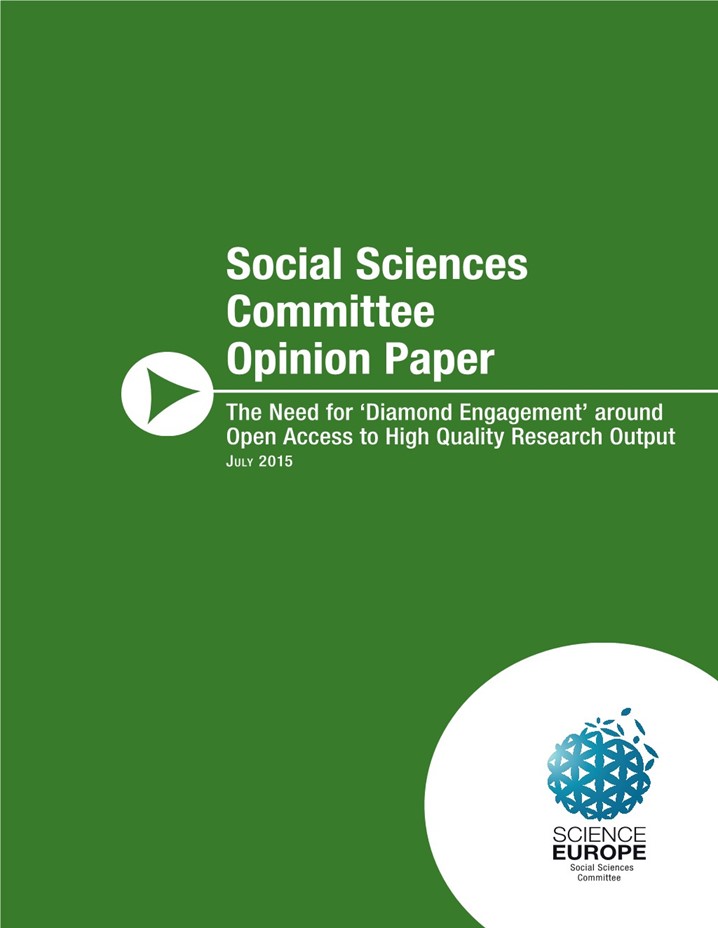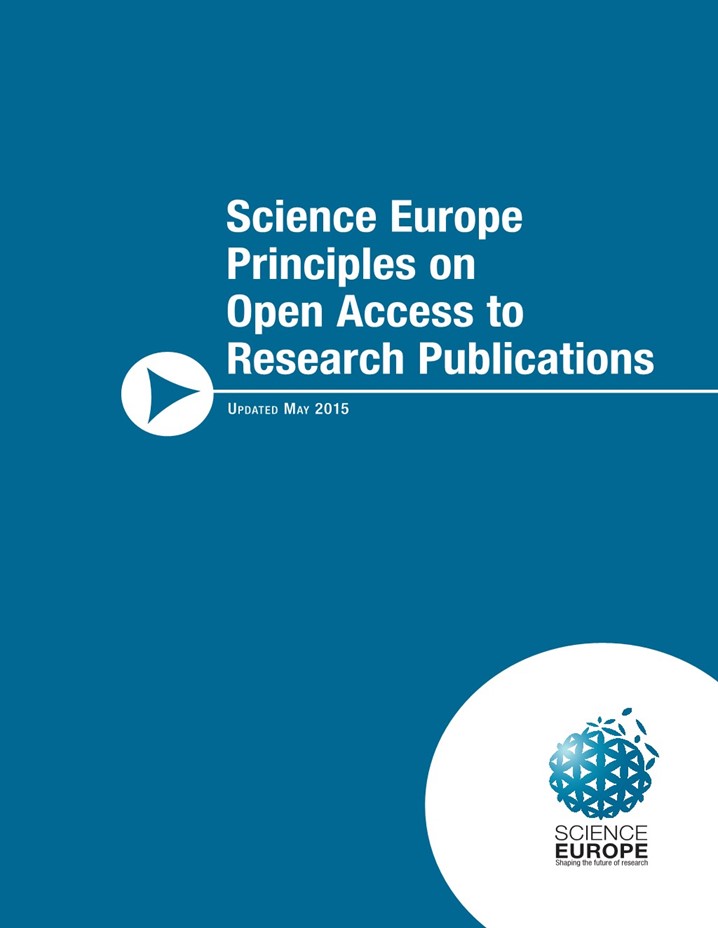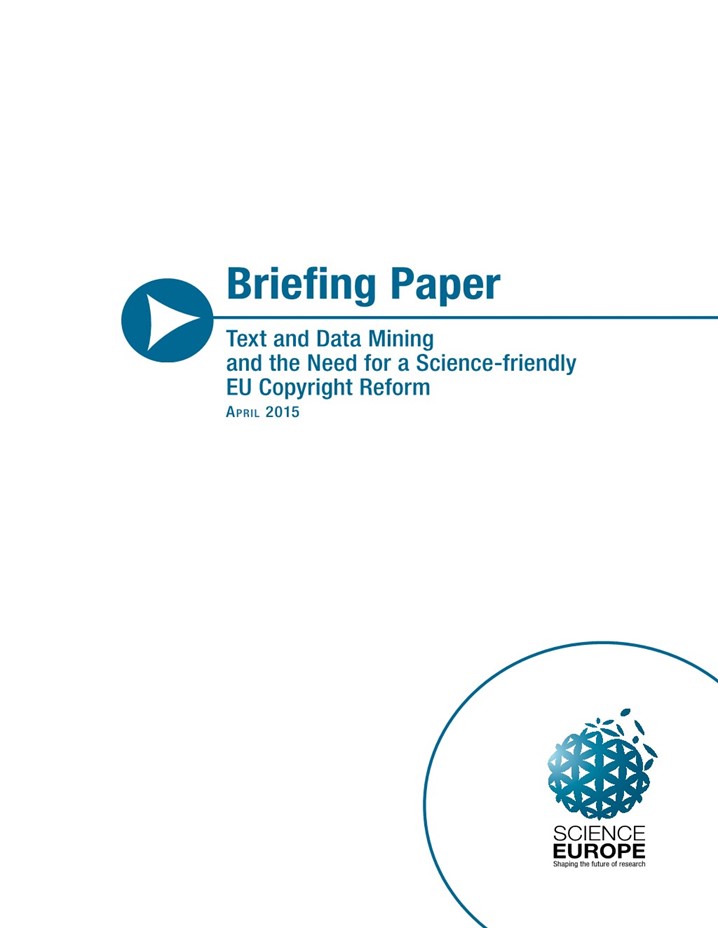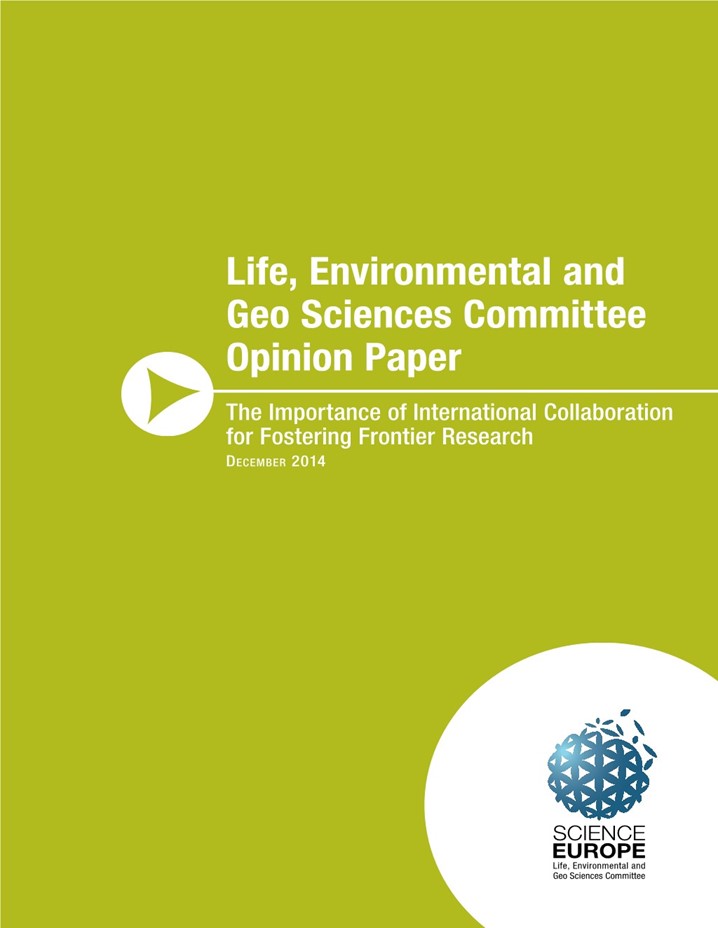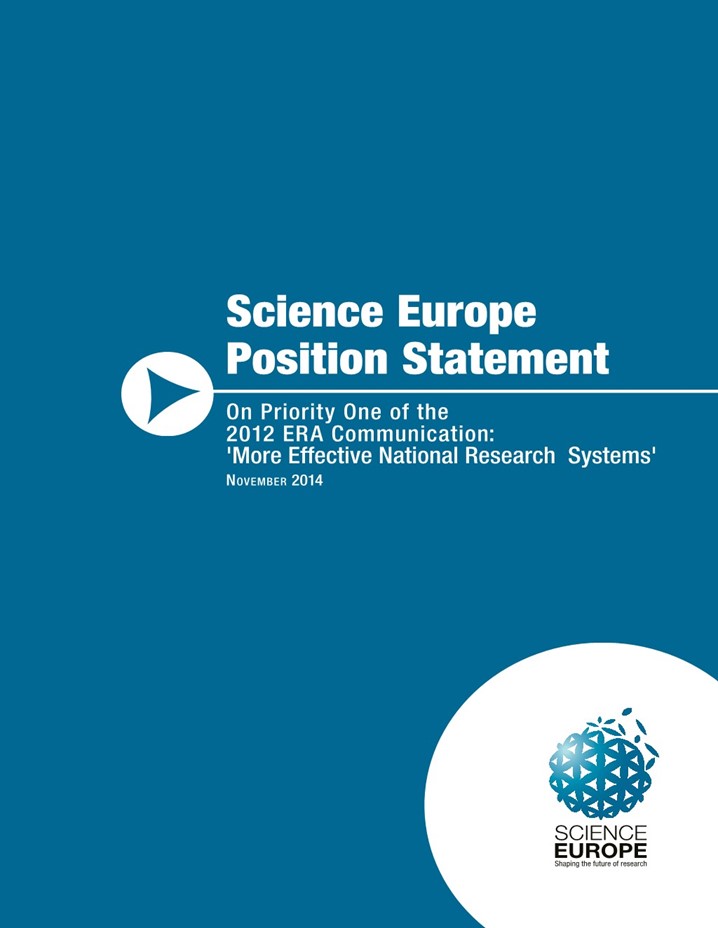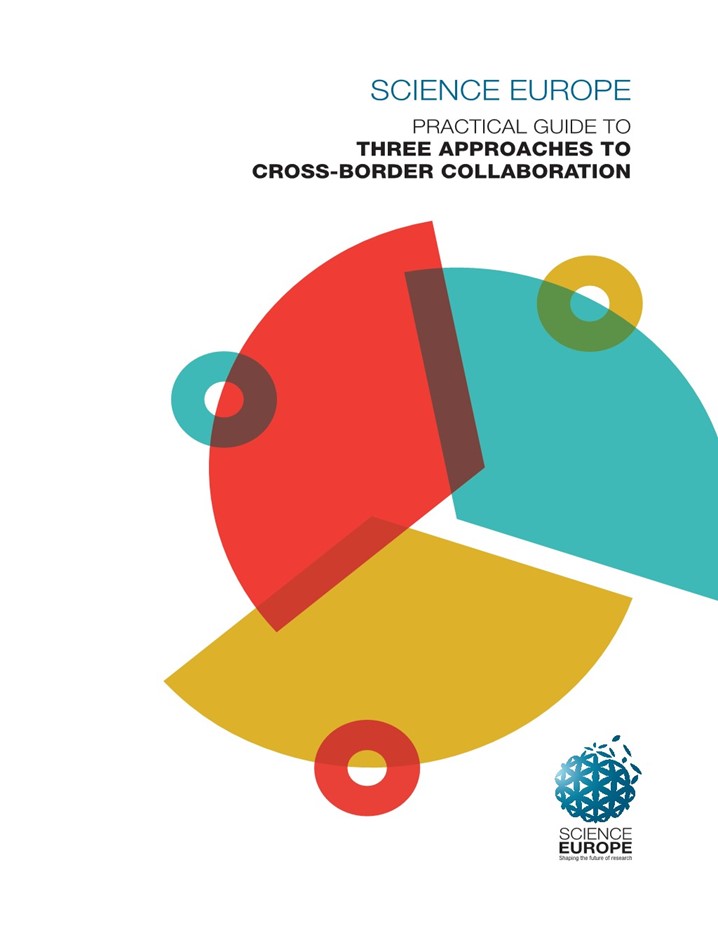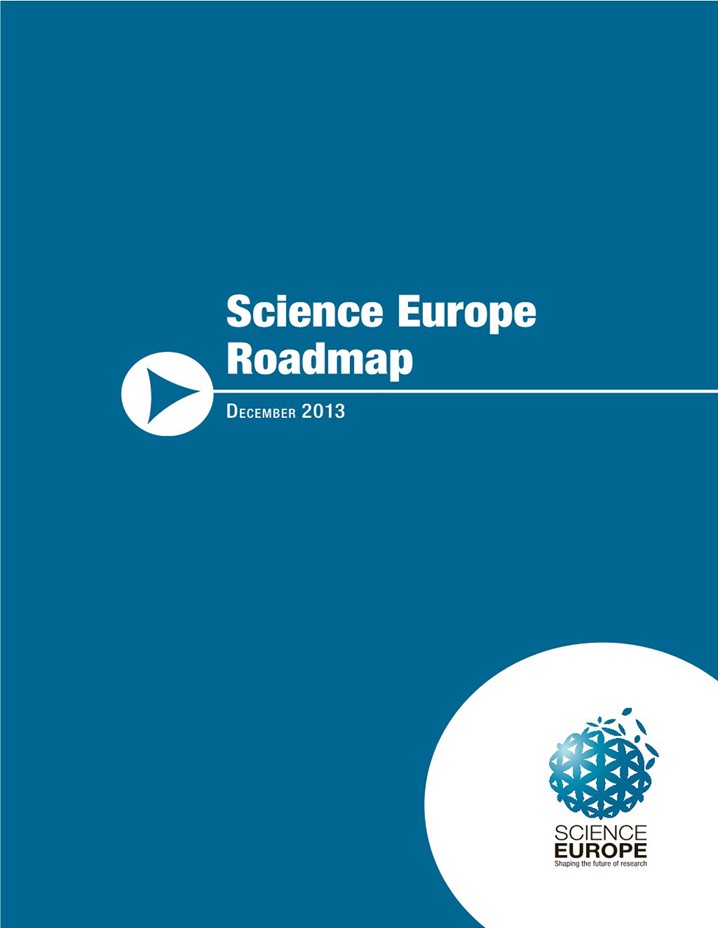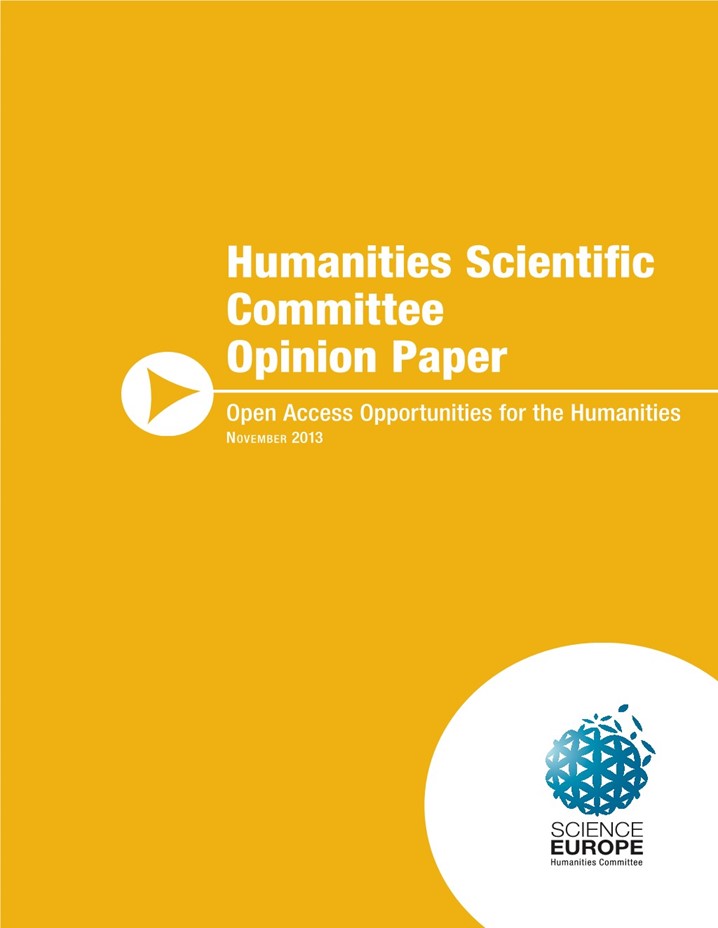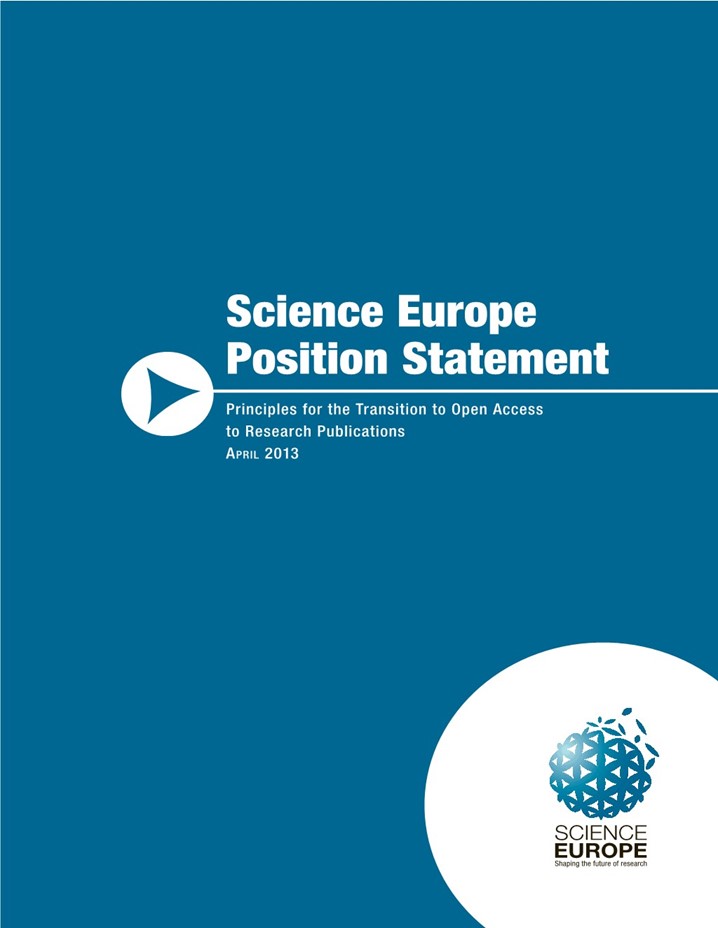Member-only content is available on this page. Please log in to view this content.

Our resources
Discover Science Europe’s comprehensive library of resources, including the most recent publications, briefings, and position statements.
91 resource(s) found
Summary of Implemented Indicators and Measures: Survey Results and Data on Improving Gender Equality in Research Organisations
This document complements the ‘Practical Guide to Improving Gender Equality in Research Organisations.’ It provides the qualitative and quantitative background data on which parts of the guide are based and measures the implementation of gender equality measures within Science Europe Member Organisations.
Open Access Publishing Policies in Science Europe Member Organisations: Key Results from Science Europe and Global Research Council Surveys
Open Access greatly improves the pace, efficiency, and efficacy of research. This report highlights the efforts made by public research organisations in Europe to develop and implement Open Access policies and addresses the challenges faced by different actors in order to facilitate and accelerate the transition towards full Open Access for all scholarly publications by 2020.
Allows for Mining but Doesn't Strike Gold: Science Europe Copyright Statement
The recent legislative proposal from the European Commission to reform EU copyright law addresses some needs, but not to the full extent required. Science Europe calls for research and data mining exceptions to ensure that copyright legislation is friendly to research and innovation.
The Importance of Content Mining for Science
Text and data mining (TDM) is hugely important for science as it can facilitate better research and the free flow of knowledge across borders. This report urges policy-makers to update the legal framework in the context of the upcoming EU copyright reform in order to allow TDM for commercial and non-commercial means, and also to clarify the legal position surrounding it.
Briefing Paper on Open Access Business Models and Current Trends in the Open Access Publishing System
Decisive action is needed to transition towards more effectively and efficiently towards an Open Access publishing system. This paper presents some of the recent trends and developments in the transition to Open Access, as well as various business models currently in use which aim to facilitate this transition. It also highlights expected benefits and underlines remaining challenges.
Lead Agency Procedure Strategies
This report analyses the underlying preconditions and efficiency of Lead Agency Procedure (LAP), based on the evidence available from the many LAP partnerships among Science Europe’s members. It also contains policy recommendations for research organisations so that they gain a more accurate understanding of the Lead Agency principles and are made more able to judge on its scope and limitations.
Position Statement on the Role and Future of Joint Programming
This position statement highlights the added value of Joint Programming Initiatives (JPIs) as perceived by Science Europe Member Organisations, and makes two recommendations on the future of joint programming: one with regards to the evaluation of JPIs, and a second one concerning their governance. The aim is to stimulate other stakeholders – including the European Commission – to join in this discussion.
Opinion Paper on the Need for ‘Diamond Engagement’ around Open Access to High Quality Research Output
This publication by Science Europe’s Scientific Committee for the Social Sciences addresses two audiences: scientists, especially those who have been traditionally more resistant to the OA approach, and policy makers. In it, the Scientific Committee for Social Sciences proposes a ‘Diamond Engagement’ concept with the three key principles: partnership; standardisation and interoperability; and enabling structures.
Principles on Open Access to Research Publications
Open Access, as defined in the Berlin Declaration, means unrestricted, online access to peer-reviewed, scholarly research papers for reading and productive re-use, not impeded by any financial, organisational, legal or technical barriers. Ideally, the only restriction on use is an obligation to attribute the work to the author. Science Europe Member Organisation are committed to a shared set of principles on Open Access to ensure consistency and coherence in their efforts and activities.
Briefing Paper on Text and Data Mining and the Need for a Science-friendly EU Copyright Reform
Text and Data Mining (TDM) helps the analysis and extraction of new insights and knowledge from vast amount of digitally-available content. It offers great potential for research, but also for the economy and society as a whole since it enables innovation. This paper gives an overview of some of the legal hurdles faced by researchers using TDM practices, flags possible action lines for research organisations, and calls for a more science-friendly EU copyright law.
The Importance of International Collaboration for Fostering Frontier Research
In this paper produced by the Scientific Committee for the Life, Environmental and Geo Sciences, the Committee argues that in order to strengthen international collaborative research, the national research funding organisations should consider increasing their efforts to widen the participation of various European countries and global partners in multilateral schemes, whilst fostering interdisciplinarity and knowledge integration. Moreover, a bottom-up approach should be adopted in order to collect research proposals that contain novel ideas and solutions, captured directly from the research community and users, thus enabling open innovation.
Position Statement on Priority One of the 2012 ERA Communication: 'More Effective National Research Systems'
The 2012 Communication ‘A Reinforced European Research Area Partnership for Excellence and Growth’ laid out the current approach for realising a European Research Area (ERA). As this approach is now being reviewed by the European institutions, Science Europe puts forward its analysis of Priority One of the Communication, in order to start a fruitful dialogue with the European institutions on the future of ERA policy. This analysis provides a practical example as to why the current ERA Communication approach needs to be thoroughly reviewed if ERA policy is to have a real impact.
Practical Guide to Three Approaches to Cross-border Collaboration
In a globalised research ecosystem, collaboration is key. This collaboration also brings challenges linked to the diversity of scientific and legal environments. The aim of this practical guide is to provide better and more efficient means for research organisations to apply a set of optional models for cross-border collaboration and to help them achieve more successful and easier implementation.
Science Europe Roadmap
The Roadmap, approved by the Science Europe General Assembly in November 2013, is Science Europe’s action plan to contribute to the elements of a successful research system. It acts as a framework for voluntary collective activity, providing a long-term strategy for the association. The ‘Priority Action Areas’ are those in which Science Europe members believe that there is a potential to achieve tangible and substantive progress, and where they can add real value by working together.
Open Access Opportunities for the Humanities
Published on the occasion of the tenth anniversary of the Berlin Declaration, this paper encourages the humanities research community to engage with the new possibilities that Open Access can offer. It also calls on research funding and performing organisations to work together to tackle the specificities and remaining potential obstacles.
Principles for the Transition to Open Access to Research Publications
Science Europe Member Organisations are committed to ensuring that publicly-funded research and innovation in Europe has the maximum impact, leading to new discoveries, and providing solutions that deliver societal benefit. Research publications are one of the main results of the research process and the Research Performing and Research Funding Organisations that comprise Science Europe share the vision of increasing the impact and reducing the costs of research publications by moving to a system of Open Access.

